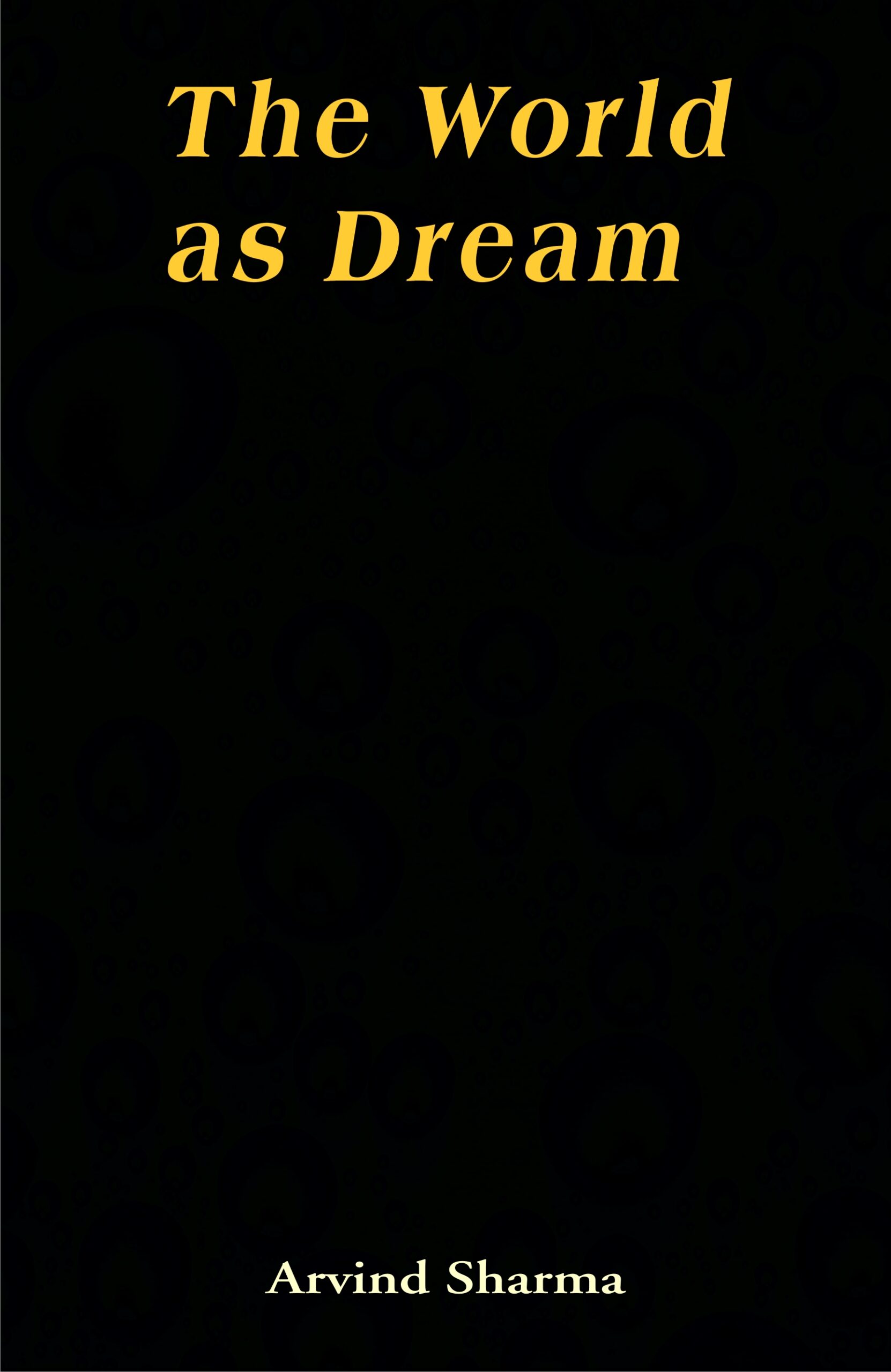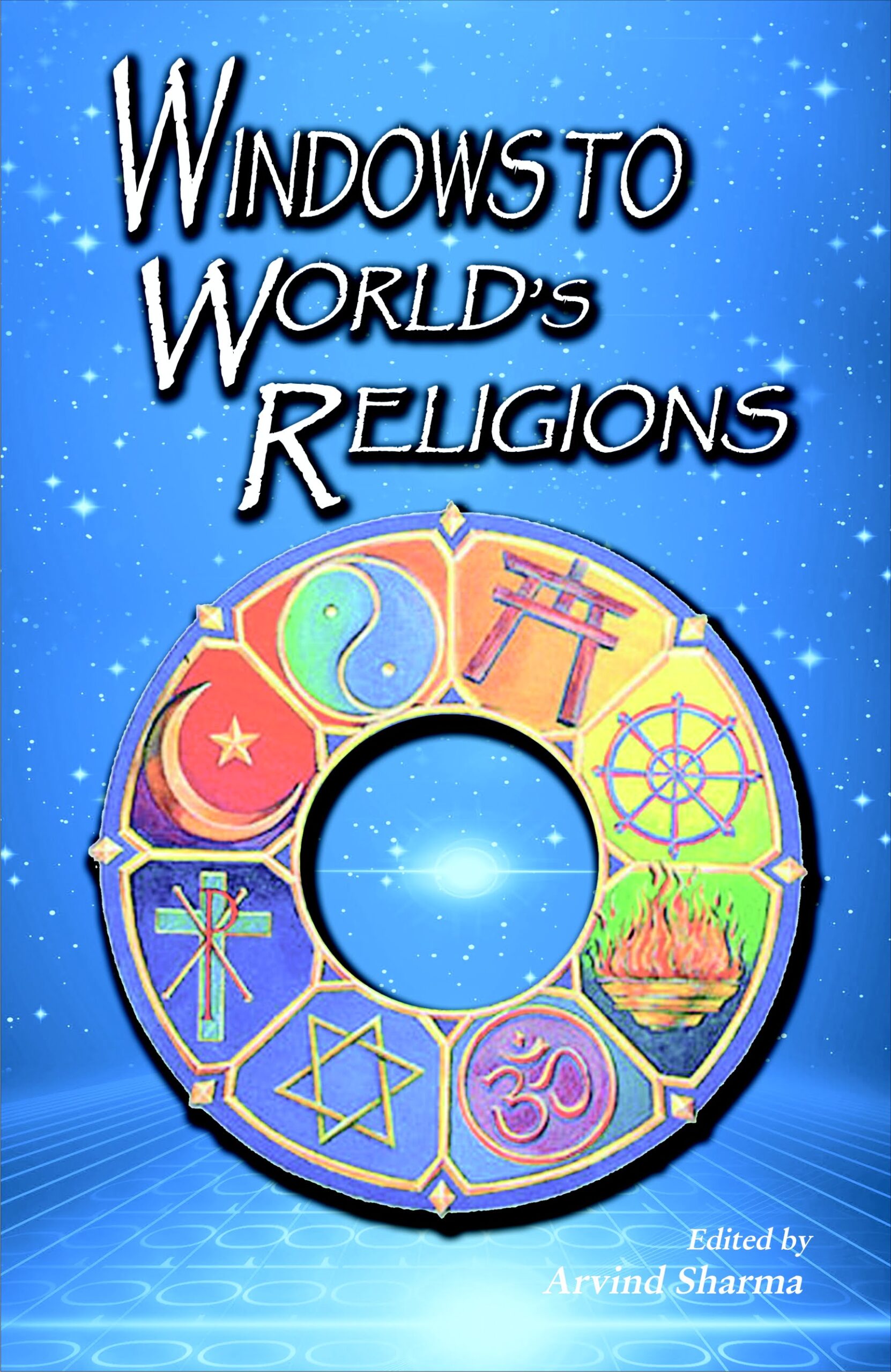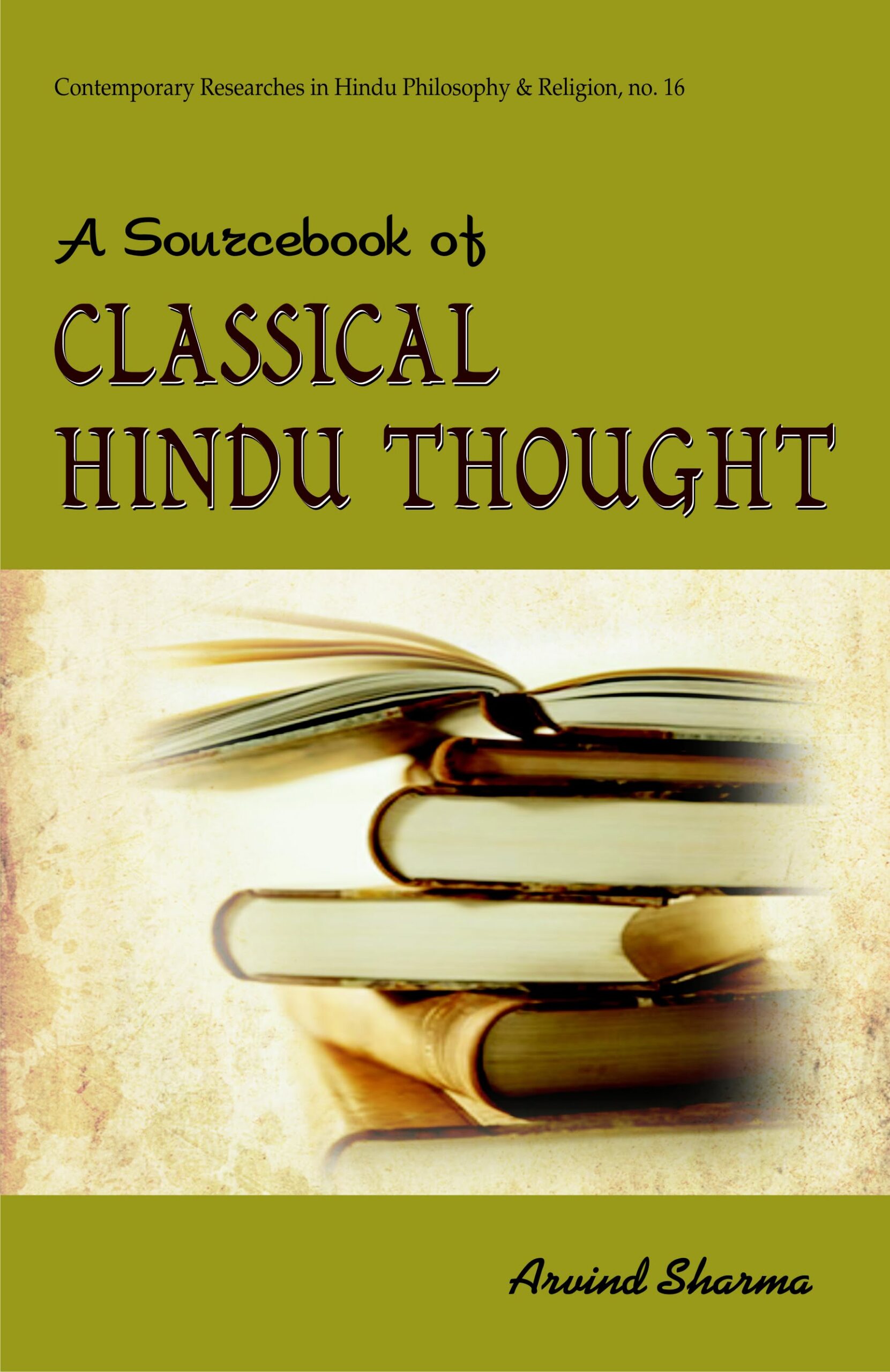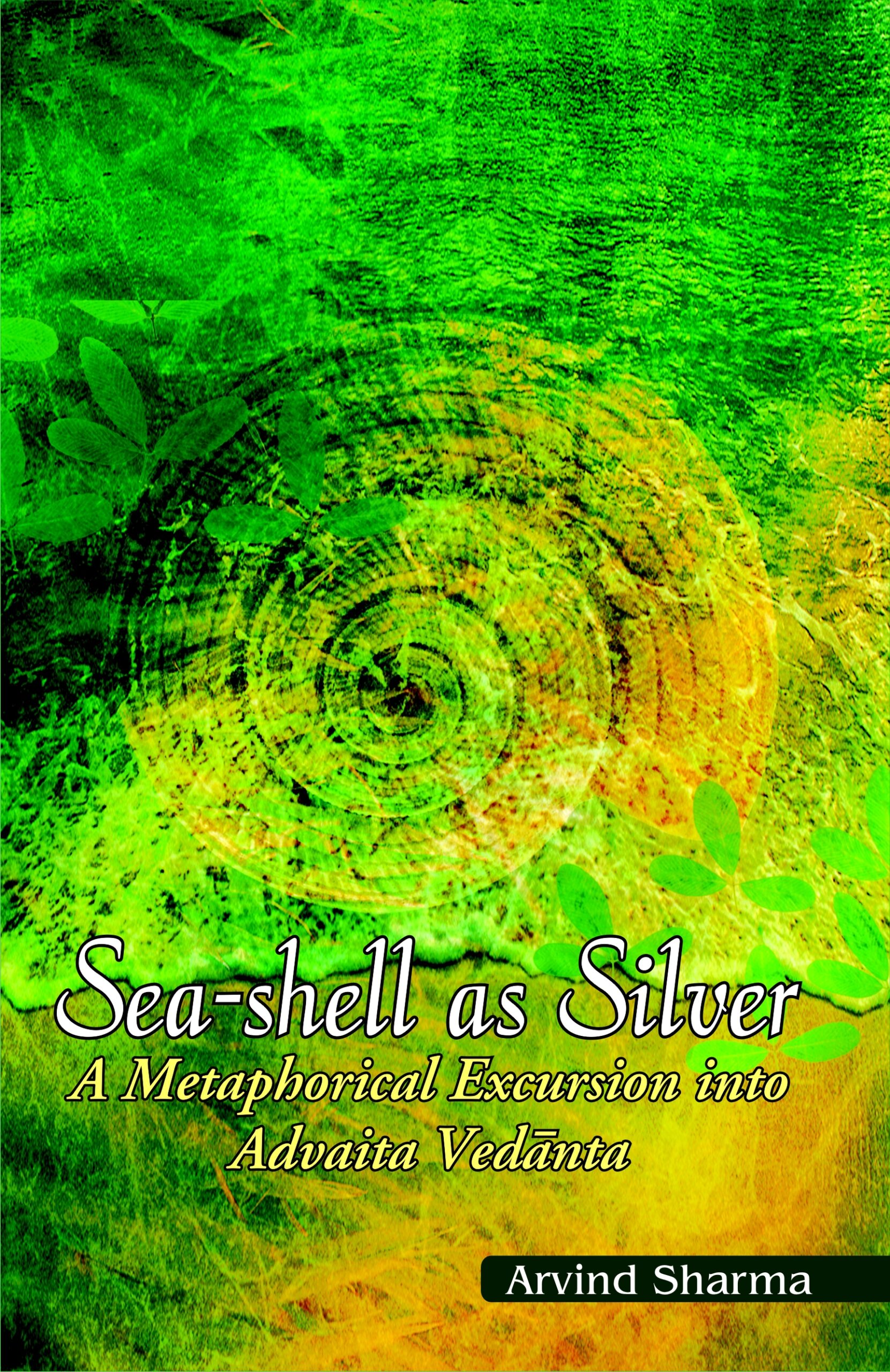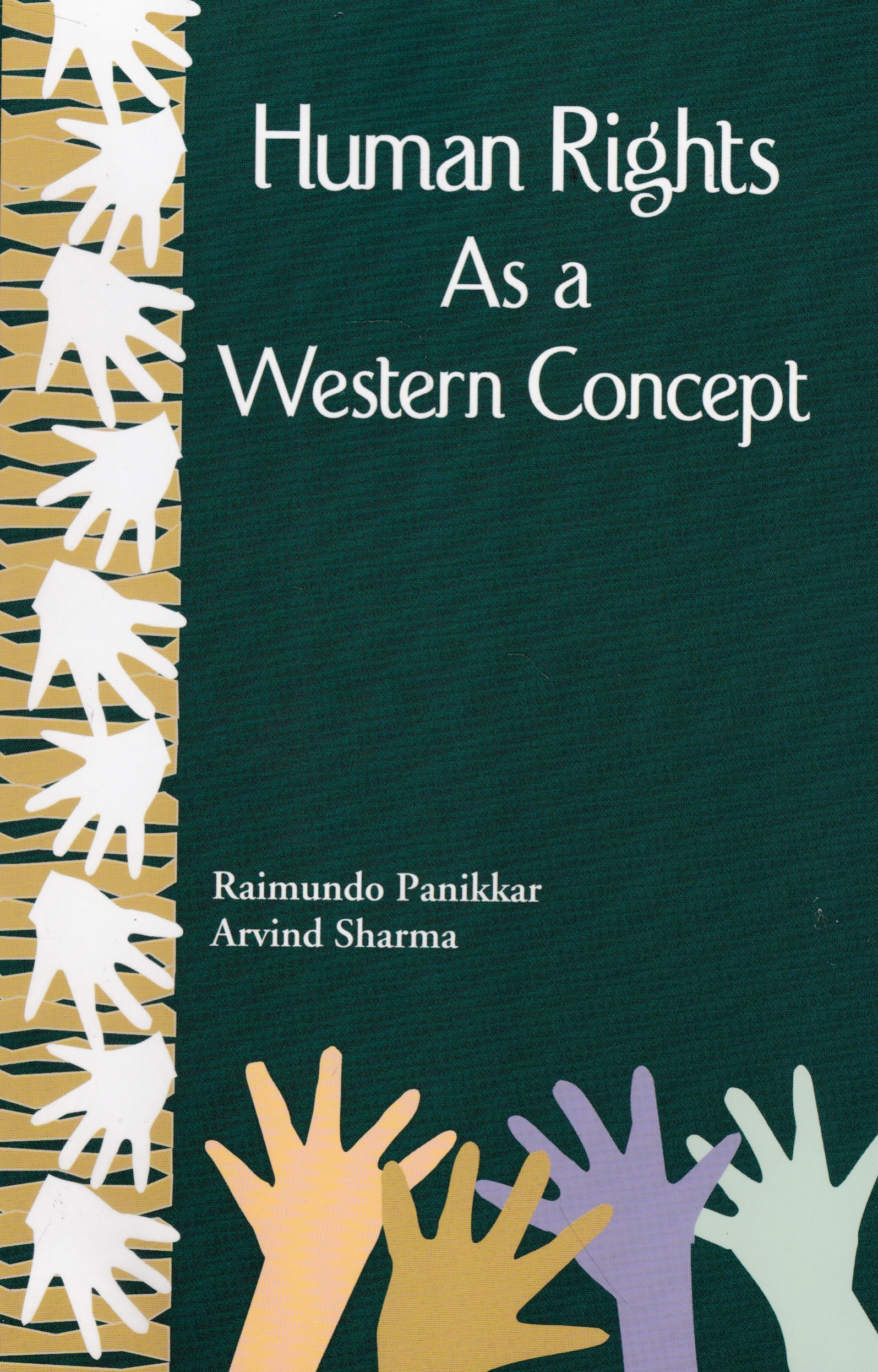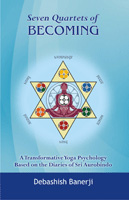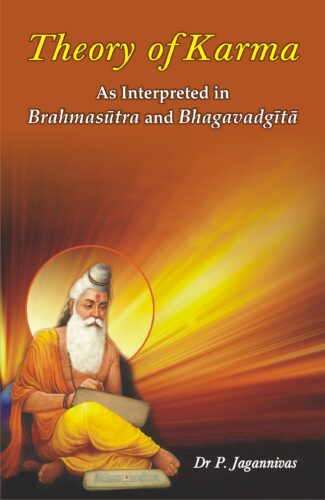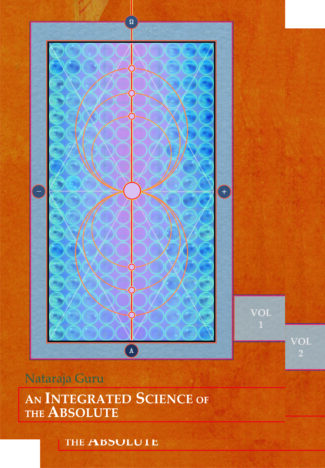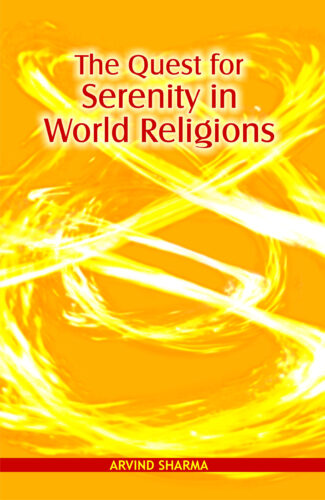

Quest for Serenity i...
Quest for Serenity in World Religions
by: Arvind SharmaThis book describes the search for serenity as found in what are conventionally referred to as the world religions and identifies a similarity in the pattern which seems to underlie these approaches, thereby extending the application of the comparative method to religious psychology.
₹100.00 Original price was: ₹100.00.₹90.00Current price is: ₹90.00.
ISBN: 9788124604205
Year Of Publication: 2007
Edition: 1st
Pages : viii, 80
Bibliographic Details : Bibliography; Index
Language : English
Binding : Paperback
Publisher: D.K. Printworld Pvt. Ltd.
Size: 22
Weight: 150
Every religion, even ideology, needs to provide its followers with ways of coping with the vicissitudes of life, especially when personal tragedy tears a gaping hole in the fabric of meaning. This book describes the search for serenity as found in what are conventionally referred to as the world religions and identifies a similarity in the pattern which seems to underlie these approaches, thereby extending the application of the comparative method to religious psychology.
1. The Quest for Serenity in Hinduism
2. The Quest for Serenity in Buddhism
3. The Quest for Serenity in Confucianism
4. The Quest for Serenity in Taoism
5. The Quest for Serenity in Judaism
6. The Quest for Serenity in Christianity
7. The Quest for Serenity in Islam
8. Conclusion
Bibliography
Index
- Sale!Seven Quartets of Becoming by: Debashish Banerji
₹1,200.00Original price was: ₹1,200.00.₹1,080.00Current price is: ₹1,080.00.Groomed in a modern academic tradition and post-Enlightenment ideals of creative freedom and social critique, Sri Aurobindo (1872-1950) turned his attention to yoga and the limits of consciousness in its ability to relate to and transform nature. In the process, he documented scrupulously his experiments and experiences based on a synergistic existential framework of practice.
Debashish Banerji correlates the approach to yoga Sri Aurobindo took in his diaries with his later writings, to derive a description of human subjectivity and its powers. Banerji constellates Sri Aurobindo’s approach with transpersonal psychology and contemporary lineages of phenomenology and ontology, to develop a transformative yoga psychology redefining the boundaries and possibilities of the human and opening up lines of self-practice towards a wholeness of being and becoming.
Both scholar and Yogi, Aurobindo (1872-1950) carefully documented the unfolding of spiritual consciousness starting shortly after his deep revelatory experiences while in prison in 1908. His observations were recently published in a two volume set, The Record of Yoga. Debashish Banerji has analyzed this work and offers a detailed, clear, systematic and inspirational interpretation of how the Yoga of Sri Aurobindo may be understood and practiced.
Þ From the `Foreword’ of
Prof. Christopher Key Chapple
Doshi Professor of Indic and Comparative Theology Loyola Marymount University, Los Angeles, (USA) - Sale!Theory of Karma: As Interpreted in Brahmasutra and Bhagavadgita by: Jagannivas P
₹1,000.00Original price was: ₹1,000.00.₹900.00Current price is: ₹900.00.Creation is a process, where the potential insentient matter (prakr̥ti) gets manifested into the gross form, to embody during the sr̥ṣṭi, each of the sentient entities called the ātmas with the suitable body either of deva, manuṣya, jaṅgama or of sthāvara. This glorious activity is orchestrated by the one and only Omnipresent, Omnipotent and Omniscient Reality called Brahman. But one question remains still an enigma, as to why a particular sentient entity gets a specified body and through whose direction that decision arrives? The ancient Vedāntic knowledge reinforced by the Brahmasūtra and the Bhagavadgītā establishes that it is, purely and solidly, the result (karma-phala) of earlier actions (karmas) of each one of the sentient entities. This is a strong and formidable solution to the unanswered questions like why does, one child being blessed to be born in either rich or healthy and sāttvic family and another child being consigned to be born in a family living in poor conditions or unhealthy tāmasic environment.
This book would engage the readers to think on those lines by supplying enough material on karma-adhikāratva, jīva-kartr̥tva and Divine intervention. - Sale!Action, Freedom and Responsibility by: Subasini Barik
₹750.00Original price was: ₹750.00.₹675.00Current price is: ₹675.00.This book, a work on human doing, analyses and applies three central aspects of human life – Action, Freedom and Responsibility – in the wide spectrum of the Philosophy of Mind. Reflections on these issues and their interconnections have a significant effect on the Philosophy of Value and application of ethical theories in practical life. This book even reconstructs the conceptual connection between action and freedom, on the one hand, and that between freedom and responsibility, on the other.
It also puts the concepts of freedom and determinism to critical test and reinterprets them from different angles and perspectives. The conventional doctrine of karma, based on the teachings of the Bhagavadgātā, is relieved from its usual deterministic presentation and a logically reasonable explanation is offered.
Human actions and human agency are central concepts in the philosophy of mind and action. Free will and responsibility constitute the bedrock of the moral life of the human agents and the book pinpoints that freedom is meant to undertake the goal-oriented actions. It is, therefore, focused on the enquiry into the various aspects of philosophy of mind, as well as the philosophy of value. - Sale!An Intergrated Science of the Absolute (2 Vols. Set) by: Nataraja Guru
₹3,000.00Original price was: ₹3,000.00.₹2,700.00Current price is: ₹2,700.00.It is not just the magnum opus, but a truly monumental effort of a scientist-philosopher who has spent a whole lifetime to formulate a unitive science, wherein all disciplines of human questing could find a common ground a science where modern science and ancient spiritual wisdom could meet and merge like two opposite poles of a magnet. As a direct disciple of one of the great rishis of the modern age, Nataraja Guru discovers this common ground in Brahma-vidya, which he calls the Integrated Science of the Absolute, and which has, at its base, his Gurus Dars?ana Mala.
A string of hundred Sanskrit verses, composed by the mystic-poet, Narayana Guru (18541928), the Darsana Mala is the very epitome of all visions of truth inspired by his remarkable acquisitions of Upanisadic thought and, yet far more, by his own tapas (mystical discipline). Reproducing these highly significative verses in Roman script, along with English translations, word meanings, and extensive commentaries, Nataraja Guru not only spells out his mentors Visions of the Absolute in contemporary idiom, but also shows how these visions are fully validated by modern science.
Eclectic synthesis of varied scientific disciplines into a systematic whole is not all that Nataraja Guru accomplishes here. Rather, his book (now in third edition) is an attempt to reintroduce Brahma-vidya as the one Master Science that embraces every branch of science, every human interest. - Sale!Vada in Theory and Practice by: Radhavallabh Tripathi
₹1,300.00Original price was: ₹1,300.00.₹1,170.00Current price is: ₹1,170.00.Vada, meaning debates, dialogues, discussions, was the quintessential of Indian spirit, enabling and promoting the growth of different philosophical and knowledge systems of India. It percolated deep into our mindset and enriched the moral, ethical, religious and sociocultural edifice of anything that was essentially Indian in nature. As continuation of Anvikshiki from the bc era, vada helped thrive Indian traditional knowledge systems. It subsists on diversity and its tradition envisages pluralism.
Most of our Sanskrit works, covering a wide gamut of knowledge systems, are structured in the techniques of debate. This reality applies not only to the philosophical writings, but to Indian medical systems (Ayurveda), Arthashastra of Kautilya and Kamasutra of Vatsyayana as well. Even great epics like Ramayana and Mahabharata are no exceptions.
Vada culture involved verbal duals, attacks and even violence of speech, and all major religious systems — old or modern — were parties to it. This book also elucidates how vata was vital and critical for the growth of our socio-political fabrics. It shows how some of the major conflicts in philosophical systems were centred around karma, jnana, choice between violence and non-violence, pravritti and nivritti. It also presents the manifestations of vada on a vast canvas during the nineteenth and twentieth centuries. Modern spiritual and religious gurus like Ramana Maharshi, J. Krishnamurti and Vinoba Bhave were men of dialogues. Our scholars have applied the varied techniques of vada against the philosophical and scientific systems of the West to prove them correct.
This collector’s issue should enthrall a wide audience of philosophers, scholars and believers in Indian knowledge systems.


